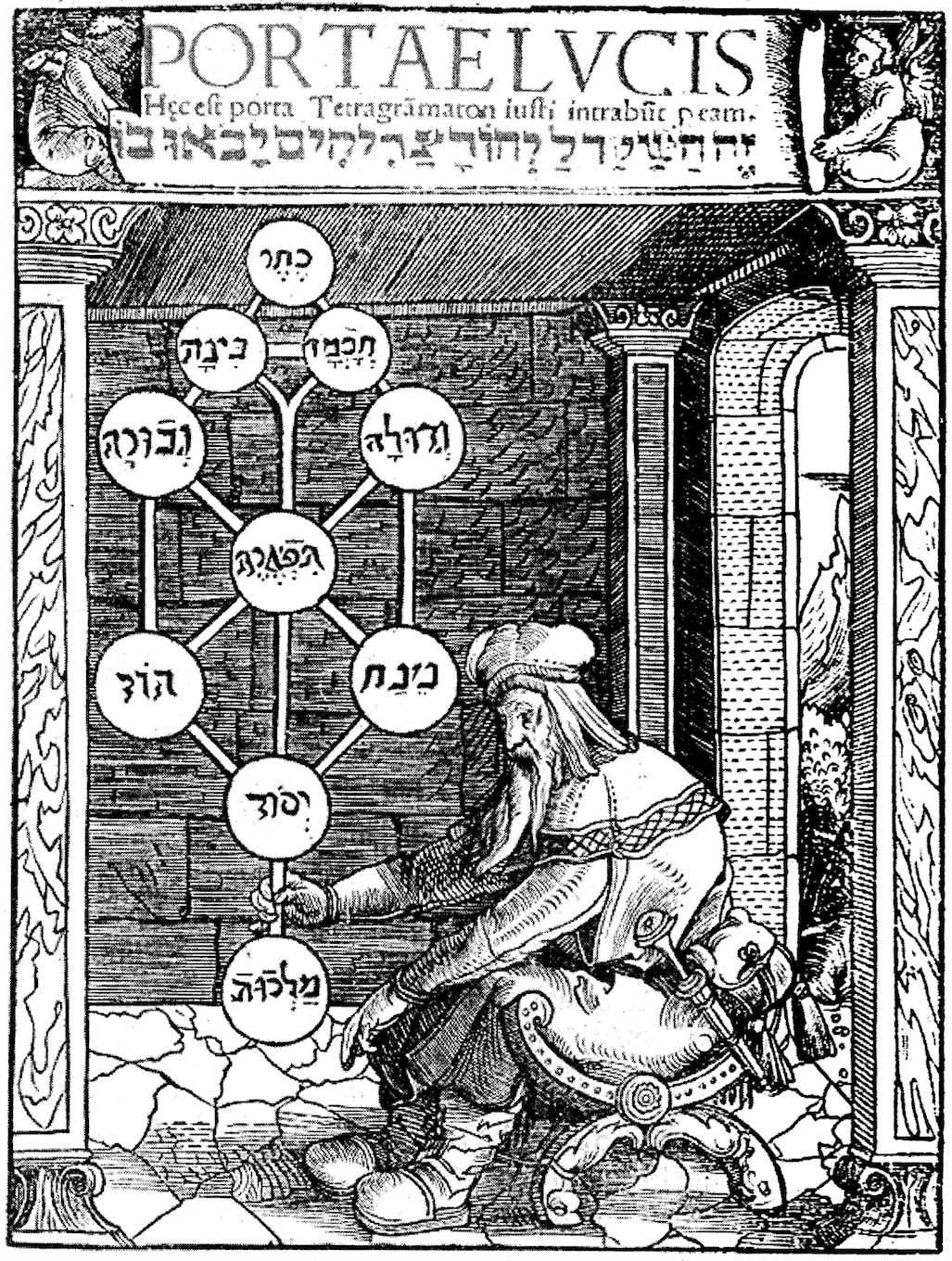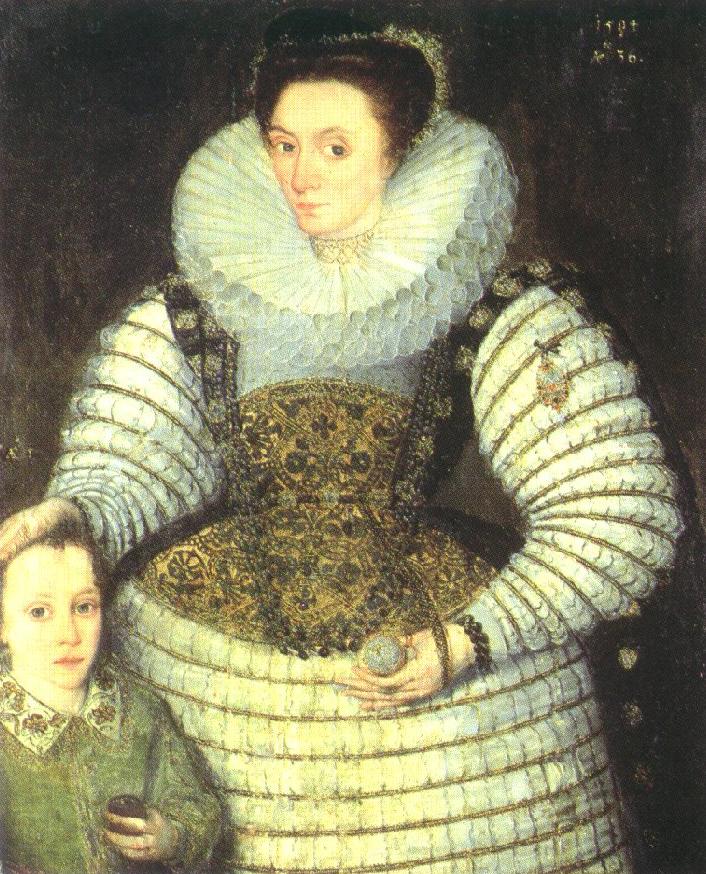|
Daniel Mögling (1596–1635)
Daniel Mögling (1596 in Böblingen – 1635 in Butzbach) was a German alchemist and a Rosicrucian. Work Mögling is thought to have written '' Speculum Sophicum Rhodostauroticum'' (Mirror of the Wisdom of the Rosy Cross, 1618) under the pseudonym Teophilus Schweighardt Constantiens, and ''Jhesus Nobis Omnia – Rosa Florescens'' (1617) under the pseudonym Florentinus de Valentia. He was personal physician and court astronomer to Philip III, Landgrave of Hesse-Butzbach from 1621 to 1635. He translated Philip Sidney's novel '' Arcadia'' into German.*William R. Newman, Anthony Grafton, "Secrets of nature: astrology and alchemy in early modern Europe", ''Transformations: Studies in the History of Science and Technology'', MIT Press, 2001, , p. 301. See also *Esotericism *Hermeticism Hermeticism, or Hermetism, is a philosophical and religious tradition rooted in the teachings attributed to Hermes Trismegistus, a syncretism, syncretic figure combining elements of the Greek ... [...More Info...] [...Related Items...] OR: [Wikipedia] [Google] [Baidu] |
Johannes Kepler
Johannes Kepler (27 December 1571 – 15 November 1630) was a German astronomer, mathematician, astrologer, Natural philosophy, natural philosopher and writer on music. He is a key figure in the 17th-century Scientific Revolution, best known for his Kepler's laws of planetary motion, laws of planetary motion, and his books ''Astronomia nova'', ''Harmonice Mundi'', and ''Epitome Astronomiae Copernicanae'', influencing among others Isaac Newton, providing one of the foundations for his theory of Newton's law of universal gravitation, universal gravitation. The variety and impact of his work made Kepler one of the founders and fathers of modern astronomy, the scientific method, Natural science, natural and modern science. He has been described as the "father of science fiction" for his novel ''Somnium (novel), Somnium''. Kepler was a mathematics teacher at a seminary school in Graz, where he became an associate of Hans Ulrich von Eggenberg, Prince Hans Ulrich von Eggenberg. Lat ... [...More Info...] [...Related Items...] OR: [Wikipedia] [Google] [Baidu] |
17th-century German People
The 17th century lasted from January 1, 1601 (represented by the Roman numerals MDCI), to December 31, 1700 (MDCC). It falls into the early modern period of Europe and in that continent (whose impact on the world was increasing) was characterized by the Baroque cultural movement, the latter part of the Spanish Golden Age, the Dutch Golden Age, the French ''Grand Siècle'' dominated by Louis XIV, the Scientific Revolution, the world's first public company and megacorporation known as the Dutch East India Company, and according to some historians, the General Crisis. From the mid-17th century, European politics were increasingly dominated by the Kingdom of France of Louis XIV, where royal power was solidified domestically in the civil war of the Fronde. The semi-feudal territorial French nobility was weakened and subjugated to the power of an absolute monarchy through the reinvention of the Palace of Versailles from a hunting lodge to a gilded prison, in which a greatly expanded ro ... [...More Info...] [...Related Items...] OR: [Wikipedia] [Google] [Baidu] |
1635 Deaths
Events January–March * January 23 – 1635 Capture of Tortuga: The Spanish Navy captures the Caribbean island of Tortuga off of the coast of Haiti after a three-day battle against the English and French Navy. * January 25 – King Thalun moves the capital of Burma from Pegu to Ava. * February 22 – The ''Académie française'' in Paris is formally constituted, as the national academy for the preservation of the French language. * March 22 – The Peacock Throne of India's Mughal Empire is inaugurated in a ceremony in Delhi to support the seventh anniversary of Shah Jahan's accession to the throne as Emperor. * March 26 – Philipp Christoph von Sötern, the Archbishop-Elector of Trier, is taken prisoner in a surprise attack by Spanish Habsburg troops, leading to a declaration of war against Spain by France and the beginning of the Franco-Spanish War. April–June * April 13 – Druze warlord Fakhr-al-Din II is executed in ... [...More Info...] [...Related Items...] OR: [Wikipedia] [Google] [Baidu] |
1596 Births
Events January–March * January 6 – Drake's Assault on Panama: Sir Francis Drake, General Thomas Baskerville and an English force of 15 ships land at the Atlantic Ocean port of Nombre de Dios in an attempt to capture the Isthmus of Panama. * January 20 – Francis Drake, unable to receive a ransom for the town of Nombre de Dios, orders the town and all Spanish ships in harbor to be burned. At the same time, General Baskerville leads 750 men on a mission to clear the Isthmus of Spanish parties. * January 27 – With an epidemic of dysentery spreading through the English forces of Drake and Baskerville, Drake orders survivors to retreat to the English ships, anchored off of the island of Escudo de Veraguas. Drake dies of dystentery two days later on his flagship, ''Defiance''. * February 11 – Albert of Austria arrives in Brussels to begin his administration as Governor General of the Habsburg Netherlands. * February 14 – Archbishop John Whitgift begins building ... [...More Info...] [...Related Items...] OR: [Wikipedia] [Google] [Baidu] |
People From Böblingen
The term "the people" refers to the public or common mass of people of a polity. As such it is a concept of human rights law, international law as well as constitutional law, particularly used for claims of popular sovereignty. In contrast, a people is any plurality of persons considered as a whole. Used in politics and law, the term "a people" refers to the collective or community of an ethnic group or nation. Concepts Legal Chapter One, Article One of the Charter of the United Nations states that "peoples" have the right to self-determination. Though the mere status as peoples and the right to self-determination, as for example in the case of Indigenous peoples (''peoples'', as in all groups of indigenous people, not merely all indigenous persons as in ''indigenous people''), does not automatically provide for independent sovereignty and therefore secession. Indeed, judge Ivor Jennings identified the inherent problems in the right of "peoples" to self-determination, as i ... [...More Info...] [...Related Items...] OR: [Wikipedia] [Google] [Baidu] |
German Alchemists
German(s) may refer to: * Germany, the country of the Germans and German things **Germania (Roman era) * Germans, citizens of Germany, people of German ancestry, or native speakers of the German language ** For citizenship in Germany, see also German nationality law **Germanic peoples (Roman era) * German diaspora * German language * German cuisine, traditional foods of Germany People * German (given name) * German (surname) * Germán, a Spanish name Places * German (parish), Isle of Man * German, Albania, or Gërmej * German, Bulgaria * German, Iran * German, North Macedonia * German, New York, U.S. * Agios Germanos, Greece Other uses * German (mythology), a South Slavic mythological being * Germans (band), a Canadian rock band * "German" (song), a 2019 song by No Money Enterprise * ''The German'', a 2008 short film * "The Germans", an episode of ''Fawlty Towers'' * ''The German'', a nickname for Congolese rebel André Kisase Ngandu See also * Germanic (disambig ... [...More Info...] [...Related Items...] OR: [Wikipedia] [Google] [Baidu] |
Hermeticism
Hermeticism, or Hermetism, is a philosophical and religious tradition rooted in the teachings attributed to Hermes Trismegistus, a syncretism, syncretic figure combining elements of the Greek god Hermes and the Egyptian god Thoth. This system encompasses a wide range of Western esotericism, esoteric knowledge, including aspects of alchemy, astrology, and theurgy, and has significantly influenced various mystical and occult traditions throughout history. The writings attributed to Hermes Trismegistus, often referred to as the ''Hermetica'', were produced over a period spanning many centuries () and may be very different in content and scope. One particular form of Hermetic teaching is the religio-philosophical system found in a specific subgroup of Hermetic writings known as the Hermetica#Religio-philosophical Hermetica, 'religio-philosophical' ''Hermetica''. The most famous of these are the ''Corpus Hermeticum'', a collection of seventeen Ancient Greek, Greek treatises written b ... [...More Info...] [...Related Items...] OR: [Wikipedia] [Google] [Baidu] |
Western Esotericism
Western esotericism, also known as the Western mystery tradition, is a wide range of loosely related ideas and movements that developed within Western society. These ideas and currents are united since they are largely distinct both from orthodox Judeo-Christian, Judeo-Christian religion and Age of Enlightenment rationalism. It has influenced, or contributed to, various forms of Western philosophy, mysticism, Western religions, religion, science, pseudoscience, Western art history, art, Western literature, literature, and Western culture#Music, music. The idea of grouping a wide range of Western traditions and philosophies together under the term ''esotericism'' developed in 17th-century Europe. Various academics have debated numerous definitions of Western esotericism. One view adopts a definition from certain esotericist schools of thought themselves, treating "esotericism" as a perennial philosophy, perennial hidden inner tradition. A second perspective sees esotericism as a ... [...More Info...] [...Related Items...] OR: [Wikipedia] [Google] [Baidu] |
The Countess Of Pembroke's Arcadia
''The Countess of Pembroke's Arcadia'', also known simply as the ''Arcadia'', is a long prose pastoral romance by Sir Philip Sidney written towards the end of the 16th century. Having finished one version of his text, Sidney later significantly expanded and revised his work. Scholars today often refer to these two major versions as the ''Old Arcadia'' and the ''New Arcadia''. The ''Arcadia'' is Sidney's most ambitious literary work by far, and as significant in its own way as his sonnets. Composition and publication Sidney's ''Arcadia'' has a history that is unusually complex even for its time. The ''Old Arcadia'' Sidney may have begun an early draft in the late 1570s, when he was in his twenties. His own comments indicate that his purpose was humble; he asserts that he intended only to entertain his sister, Mary Herbert ( Countess of Pembroke from 1577). This version is narrated in chronological order, with sets of poems separating the books from each other. It seems likely t ... [...More Info...] [...Related Items...] OR: [Wikipedia] [Google] [Baidu] |
Böblingen
Böblingen (; ) is a town in Baden-Württemberg, Germany, seat of Böblingen (district), Böblingen District. Sindelfingen and Böblingen are Geographic contiguity, contiguous. History Böblingen was founded by Count Wilhelm von Tübingen-Böblingen in 1253. Württemberg acquired the town in 1357, and on 12 May 1525 one of the bloodiest battles of the German Peasants' War took place in Böblingen. Jörg Truchsess von Waldburg attacked a force of 15,000 armed peasants; 3,000 were killed. By the end of the Thirty Years' War in 1648, the population of Böblingen had been reduced to 600. After the establishment of the Kingdom of Württemberg, Böblingen became the seat of an ''Oberamt'' (administrative unit) in 1818. The town was connected to the railroad network in 1879, allowing industrialization to take place. In the context of administrative reform in 1938, Böblingen ''Oberamt'' became Böblingen ''Landkreis'' (district). During World War I, an airbase was established. It ... [...More Info...] [...Related Items...] OR: [Wikipedia] [Google] [Baidu] |
Philip Sidney
Sir Philip Sidney (30 November 1554 – 17 October 1586) was an English poet, courtier, scholar and soldier who is remembered as one of the most prominent figures of the Elizabethan era, Elizabethan age. His works include a sonnet sequence, ''Astrophil and Stella'', a treatise, ''An Apology for Poetry, The Defence of Poesy'' (also known as ''The Defence of Poesie'' or ''An Apology for Poetrie'') and a Pastoral#Pastoral romances, pastoral romance, ''The Countess of Pembroke's Arcadia''. He died fighting the Spanish in the Netherlands, age 31, and his funeral procession in London was one of the most lavish ever seen. Biography Early life Born at Penshurst Place, Kent, England, Kent, of an aristocratic family, he was educated at Shrewsbury School and Christ Church, Oxford. He was the eldest son of Henry Sidney, Sir Henry Sidney and Mary Dudley, Lady Sidney, Lady Mary Dudley. His mother was the eldest daughter of John Dudley, 1st Duke of Northumberland, and the sister of Robert Du ... [...More Info...] [...Related Items...] OR: [Wikipedia] [Google] [Baidu] |






